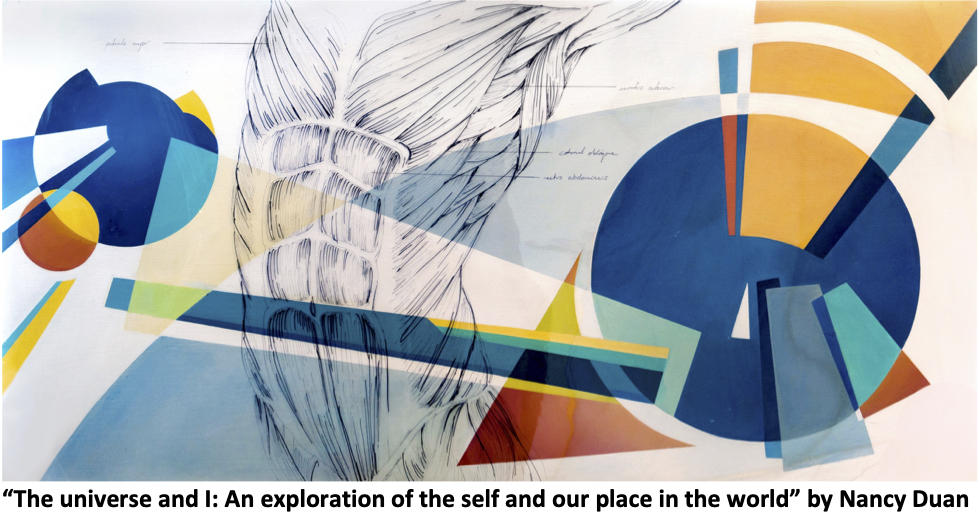Reclaiming physician identity: It’s time to integrate ‘Doctor as Person’ into the CanMEDS framework
DOI :
https://doi.org/10.36834/cmej.69182Résumé
In 1996, the Royal College of Physicians & Surgeons of Canada (RCPSC) adopted the CanMEDS framework with seven key roles: medical expert, communicator, collaborator, health advocate, manager, professional, and scholar. For many years, CanMEDS has been recognized around the world for defining what patients need from their physicians. From the start, the RCPSC acknowledged that these roles should evolve over time to continue to meet patient and societal needs (updates in 2005 & 2015). We propose that an 8th role is now needed in the framework: “Doctor as Person”. Interestingly, this role was present in the foundational work through the Educating Future Physicians for Ontario (EFPO) project that the RCPSC drew upon in creating CanMEDS more than 20 years ago. Given today’s challenges of providing care in an increasingly stressed Canadian healthcare system, physicians are struggling more than ever with health and wellness, burnout, and the deterioration of the clinical environment. From the patient perspective, there is growing concern that physician-patient interactions are becoming increasingly impersonal and decreasingly patient-centered. The crack emerging in the foundation of physician identity needs to be remedied. We need to pay close attention to how we define ourselves as physicians, by better identifying the competencies required to navigate the personal and professional challenges we face. Only in so doing can we ward off the threat that exists in losing authentic human to human care interactions. Formalizing Doctor as Person as an 8th role in the CanMEDS framework will help patients and physicians create the space to have essential conversations about the humanity of medical care.
Téléchargements
Publié
Numéro
Rubrique
Licence
La soumission d’un manuscrit original à la revue constitue une indication qu’il s’agit d’un travail original, qu’il n’a jamais été publié et qu’il n’est pas envisagé pour publication dans une autre revue. S’il est accepté, il sera publié en ligne et ne pourra l’être ailleurs sous la même forme, à des fins commerciales, dans quelque langue que ce soit, sans l’accord de l’éditeur.
La publication d’une recherche scientifique a pour but la diffusion de connaissances et, sous un régime sans but lucratif, ne profite financièrement ni à l’éditeur ni à l’auteur.
Les auteurs qui publient dans la Revue canadienne d’éducation médicale acceptent de publier leurs articles sous la licence Creative Commons Paternité - Pas d’utilisation commerciale, Pas de modification 4.0 Canada. Cette licence permet à quiconque de télécharger et de partager l’article à des fins non commerciales, à condition d’en attribuer le crédit aux auteurs. Pour plus de détails sur les droits que les auteurs accordent aux utilisateurs de leur travail, veuillez consulter le résumé de la licence et la licence complète.











